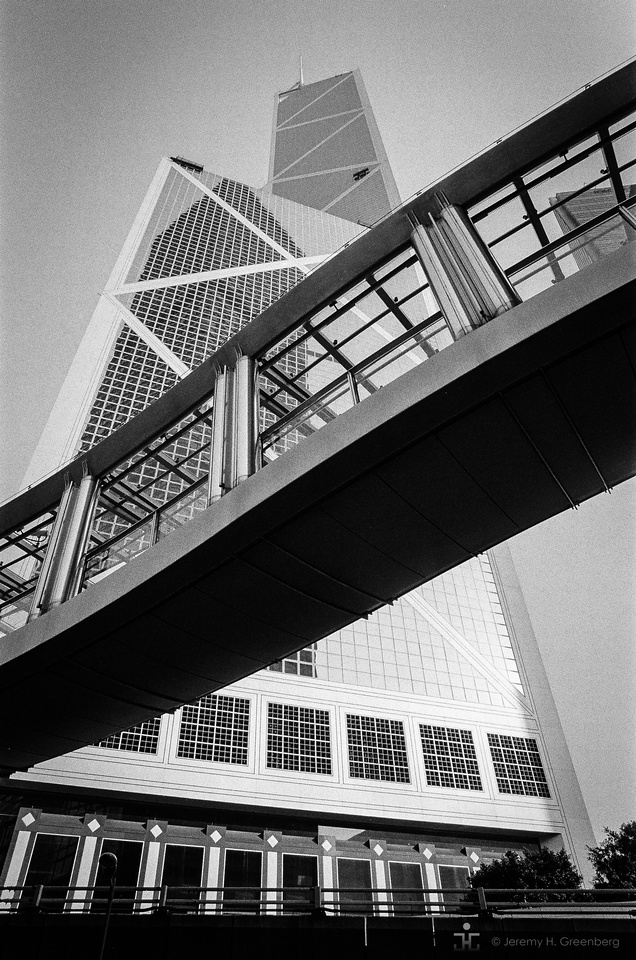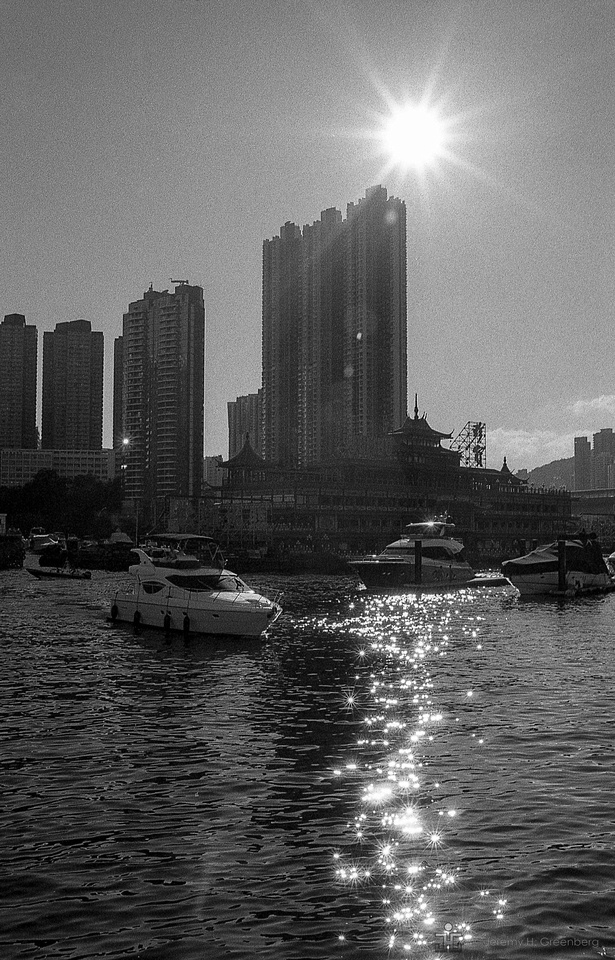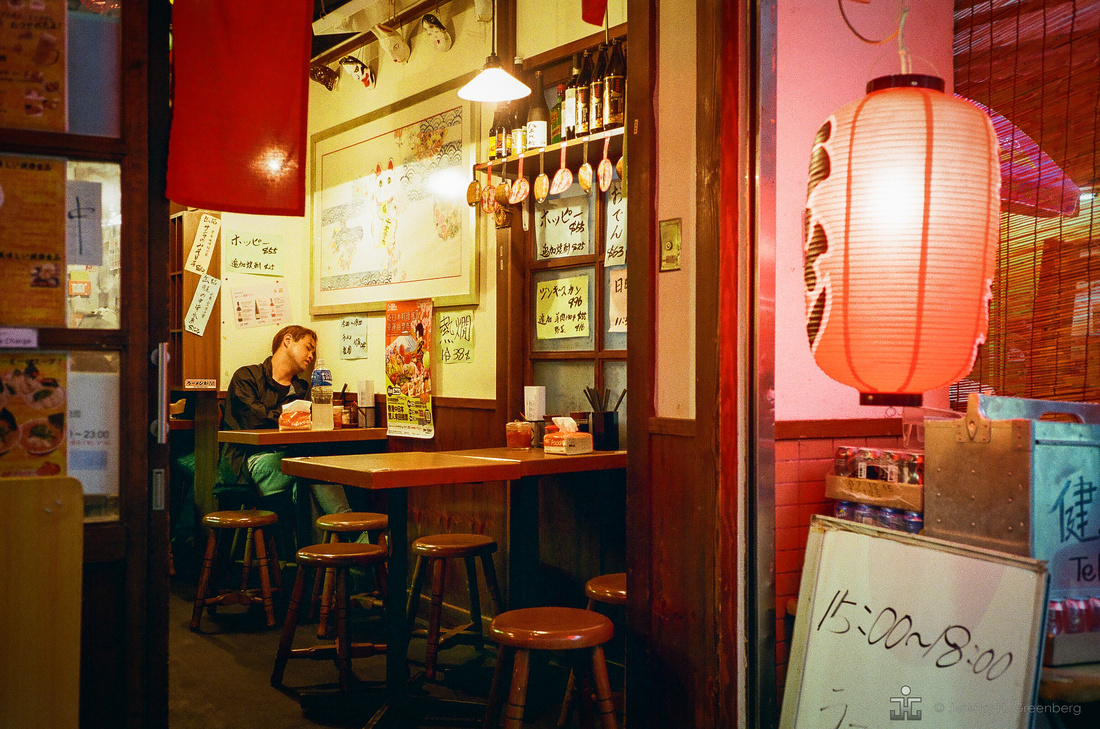Blog #34 Ten ways learning to shoot film can positively influence your digital work.
Blog #34 Ten ways learning to shoot film can positively influence your digital work.
As digital photography improves and trickles down to the masses, the argument still prevails about film vs. digital. There are many pros and cons to both mediums, however, the purpose of this week’s blog is not to enter into that debate. For more on that subject, please refer to Blog#5 . Many photographers (yours truly) find value and advantages to working in both mediums and rest comfortably in both camps. It’s not really an either or issue, but rather a both issue. I will admit that my preference is the look and feel of film. For some, there is a nostalgic, visceral feeling that you get when shooting with film and manual film cameras that the point and shoot experience of using a digital camera just cannot provide. To offer one analogy there is the CD and electronic music files, and then there is vinyl. In spite of film’s resurgence, comeback, or chants from the long lines of picket holders whose signs read Film is not dead, digital is here to stay. The top ten list below offers some encouragement to those forward lookers who have not yet embraced their past and taken the time to learn about the roots of photography from the good ‘ol days.
1. Film slows you down.
When making images with digital, there is no throttle or no end to the fun. The only drawback is if and only if your memory card gets filled up or your battery dies (oh,I have a spare right here). Off you go to do another 1000 images. To make images of quality and meaning, it it not necessarily required but it is more likely the case that slowing down and thinking about the subject, composition, or emotion in the image should have an improved effect. When you have only 12 or 35 exposures all day to work with, you will be extra careful about when and if you will be pressing the shutter release.
2. The excitement of waiting for your images to magically appear before your eye.
Either you send you film away for processing, or you do it yourself. Either way, there is that time between you press the shutter release button and you actually get to see your image. You must wait for a while in image purgatory. Who needs instant gratification when you can wait a whole week to see what your pictures look like?
3. Get it right in camera.
Lightroom, Photoshop and other software programs are replete with image correcting, manipulating, pushing, and pulling options. You can literally move objects around inside the frame like in a jigsaw puzzle. I’m not one for sitting for an hour in front of the computer to work on one image. If that’s your bag then more power to you. Film is less malleable in the post processing world than digital. The options to the photographer are fewer and that’s a good thing. After working with film and experiencing this phenomenon, your digital images may tend to improve as well. You will likely reduce or even abandon thoughts such as,"Oh well, I just crop it out later or fix my poor composition or lighting later in post".
4. Enjoy the tactile and visceral feel of shooting with a manual camera.
Design, metal, fit, finish, dials, knobs, and clicks, this is the stuff that film cameras are made of. Film cameras are beautifully crafted machines. Ergonomically balanced and a pleasure to interact with, real tools. Modern day DLSRs or point and shoots are plastic and awkward to say the least. Most of them are ugly as sin and not worthy of handing down to your children but rather giving to your dog when they inevitably jam or crack, or become rendered obsolete after three months of usage. A film camera can last 100 years and some longer!
5. Limited controls increase your creativity.
Manual cameras usually have three basic controls: aperture, shutter speed, and focus. That’s all you get. You need to use your feet to focus (especially when using a prime lens). So to get certain images a certain way, you need to be creative within those parameters. Fewer choices somehow increases creativity. Film cameras can do this whereas digital cameras have a dizzying array of controls leaving some in decision paralysis.
6. Find subjects that are best expressed in black and white or colour.
When you load your film into the back of the camera it’s one of two types, black and white, or colour. You will need to look for subjects and scenes that are best captured in either or. If the colour is there and central to the subject, or maybe the colour IS the subject, then fire away. Black and white photos tend to be best when texture, form, line, emotion, or some other compositional element is prominent. These limits can help the photographer to achieve acceptable or even fantastic results. You can scan colour film images and convert them to black and white but usually its best to keep it real and avoid doing so.
7. Develop your editing skills since there will be fewer images to edit/critique.
After a day of shooting digital, you could end of with literally hundreds or thousands of images. This will take a long time to sort through and edit. You will only have a few decent photos or "keepers". Alternatively, on that same day, you leave your house with a handful of rolls of film, each having a maximum of 36 exposures. Even if you bring 10 rolls with you, you will have a mere 360 images to edit and select from for editing or posting purposes. This will likely function to increase your hit rate. Less time selecting and editing means more time out and about shooting and socialising. Health experts claim today that sitting is the new smoking. Film, in this regard, will literally improve your life.
8. Get in touch with the look and feel of film and experiment with another medium.
You’re a photographer. You’re an artist. You’re a creative. It’s in your nature (or nurture if you prefer) to experiment. Shoot film. You might actually enjoy the process and have fun. Don't forget about that Oh-so-delicious-grain. It creates an atmosphere and texture to the image that is why many of us fell in love with photography in the first place.
9. Get over the urge to “chimp” your photos.
Looking at the back of your LCD screen immediately after making a photo is called chimping due to the “oo - oo” noises that one tends to make when admiring their own work. This will undoubtedly interrupt your concentration and flow of your work. Avoid this even when you do shoot digital. When you shoot film, this is not an option. Arguably, this interrupts the work flow which shooting and decreases ones concentration on the subject matter and distracts from your living in the now. Photography is very much about living in the now. Shoot now, develop later.
10. It’s not the kill, but the thrill of the chase.
I’m not sure who ever said that but the expression applies to photography for sure. Walking the streets, working in studio, on a project, or during an event is a dynamic, socially uplifting, and professionally rewarding, wonderfully creative experience that should be relished. Sure, viewing and sharing beautiful images is fun and contains it own rewards. Manual film cameras simply connect with the photographer. It’s the journey that we ought to enjoy since that makes up most of what photographers actually do. Here’s another analogy, you can take the bus to work or ride that vintage motorbike with the intoxicating smells, comfortable feel, and delicious sound track.
Enjoy the Ride!
The Light is Always Right!
jhg







